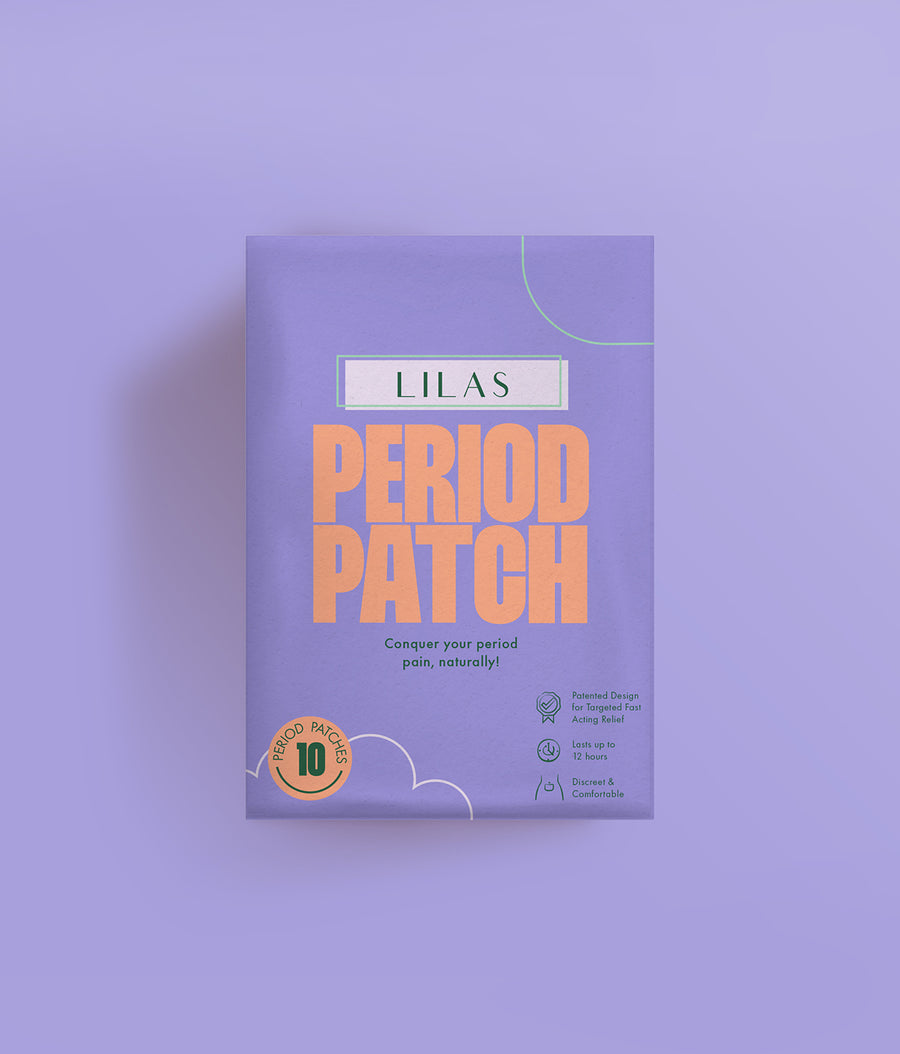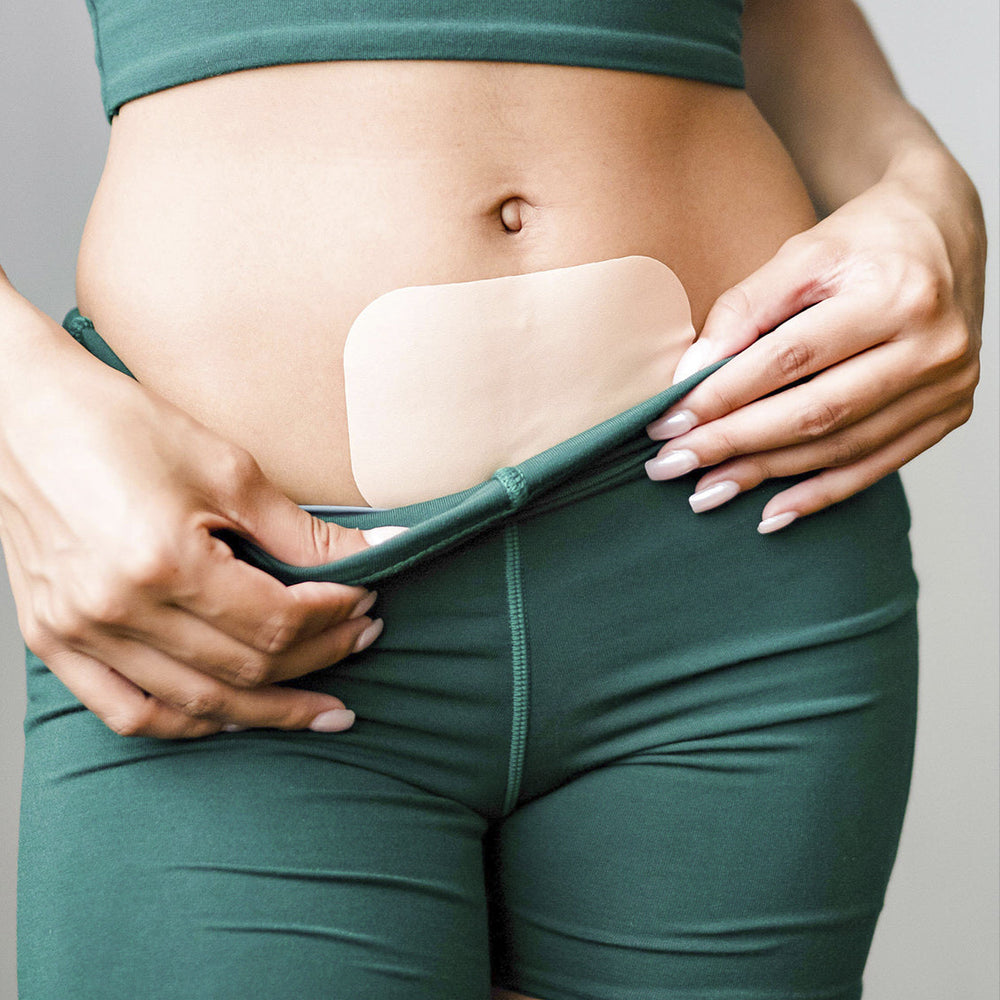Is There Power in Power Posing?
We often take for granted how much our bodies and minds are connected. I have a tendency to imagine my mind as the puppeteer and my body as the puppet, one entity having clear control over the other. However, unsurprisingly, the relationship between the mind and the body is much more complicated than that. We readily accept the notion that our minds can change our bodies, but can our bodies also change our minds? Well, back in 2012, Harvard Business School professor and social psychologist Dr. Amy Cuddy shared her journey in answering that very question in a TED talk called, “Your Body Language May Shape Who You Are.” Cuddy explained how, according to her research findings, broadening your physical presence through what she coined as “power posing” can reinforce a hormonal regulation to make you feel more confident. More specifically, Cuddy’s research indicates that taking up more space in your posture increases your testosterone levels, which are correlated with dominance, and decreases cortisol levels, which are linked to stress. Making yourself physically smaller does the opposite. People started to see power posing as the ultimate life hack, as a way to transform their complex inward thoughts with simple outward motions. To offer some perspective on the reach of Cuddy’s message, “Your Body Language May Shape Who You Are” quickly became the second-most watched TED talk of all time with over 58 million views. After watching the TED talk myself, 14-year-old Kyra would stand with my hands on my hips in the famous “Wonder Woman” pose in front of a mirror for a couple of minutes, trying to pump myself up for whatever high school presentation I had to give that day. Needless to say, power posing spread like wildfire.
Given how quickly power posing became popular, it isn’t shocking that it received a lot of backlash. Subsequent studies conducted across the scientific community indicated that Cuddy’s reported results were not reproducible to a statistically significant degree. Critics also maintained that the power posing life hack only seemed applicable to controlled laboratory scenarios and were of little use in the real world. In fact, the pushback became so intense in academic and popular media spheres that in 2016, Cuddy’s study co-author Dana Carney released a statement sharing that she did not believe the power pose effects were real. Yikes. Now that's what I call controversy. However, Professor Cuddy stood up for power posing and refused to back away from the debate. In 2017, she helped orchestrate another study that reinforced the initial hormonal findings with more statistically significant evidence. Cuddy and her colleagues did the additional work of surveying other research on power posing to evade accusations of confirmation bias. In this subsequent study, Cuddy and her co-authors also reframed power posing within the more general notion of postural feedback, which took discussions of the phenomenon out of the self-help buzzword space. In a follow-up interview with TED, Cuddy didn’t go so far as to say that postural feedback was conclusively validated by her most recent research. She readily admitted that the results are still mixed, and consensus has yet to be reached. With that being said, though there isn’t enough evidence to uphold power posing definitively, there also isn’t enough evidence to dismiss it entirely either. The potential of postural feedback can help all of us further consider the ways our minds and bodies are connected.
No matter where you stand on the power posing debate, we can all admit that the relationship between our minds and our bodies is more complicated than we often allow ourselves to consider. Honestly, I wish that I could just “Wonder Woman” power pose my way through the rest of 2020. But of course, it’s not that simple. Hopefully, learning about postural feedback will help us all be more cognizant of our body language and the messages it sends to others and ourselves. If you’re hunched towards your computer or curling over your phone right now, sit up straight, at least for a bit. Maybe giving yourself the space to prioritize your posture will help brighten your mood.


Leave a comment